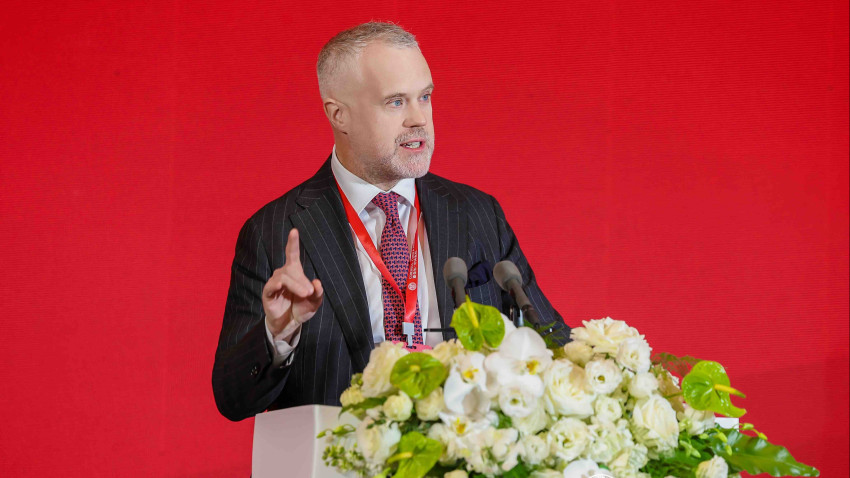Moderna, Inc. has taken a significant step in cancer research by dosing the first patient in a Phase 1/2 study of its investigational mRNA-based T-cell engager, known as mRNA-2808. This milestone was achieved on November 3, 2025, at the SCRI Oncology Partners in Nashville, Tennessee, in collaboration with the Sarah Cannon Research Institute.
The study focuses on participants suffering from relapsed or refractory multiple myeloma (RRMM), a challenging form of cancer that can be difficult to treat effectively. mRNA-2808 represents a novel therapeutic approach that encodes three T-cell engagers targeting validated myeloma-associated antigens. This multiplexed strategy aims to tackle tumor heterogeneity and address known mechanisms that allow tumors to resist treatment.
The initiation of this study is a crucial advancement in the quest for more effective therapies for multiple myeloma. Traditional treatments often face challenges due to the cancer’s ability to adapt and evade therapies. By employing a strategy that targets multiple antigens simultaneously, Moderna hopes to improve patient outcomes and provide a new avenue for treatment.
The Phase 1/2 study will evaluate the safety and efficacy of mRNA-2808 in participants with RRMM. The results from this trial could pave the way for further clinical development and potentially lead to a new standard of care for patients battling this aggressive disease.
According to Moderna, the administration of the first dose marks a pivotal moment not only for the company but also for the countless patients affected by multiple myeloma. The collaboration with leading research institutions like the Sarah Cannon Research Institute underscores the commitment to advancing cancer treatment through innovative therapies.
As clinical trials progress, further data will be essential in understanding the full potential of mRNA-2808. The medical community and patients alike will be watching closely as this investigation unfolds, with the hope that it will bring new hope for individuals facing the challenges of multiple myeloma.







